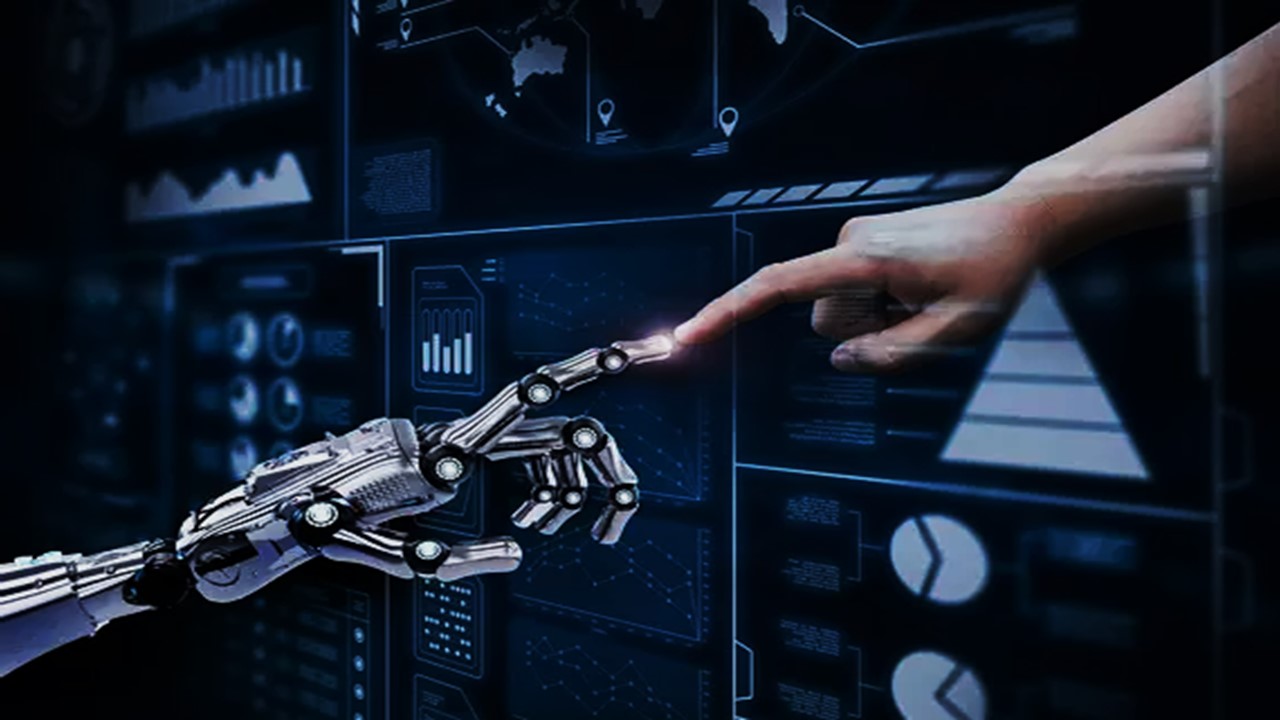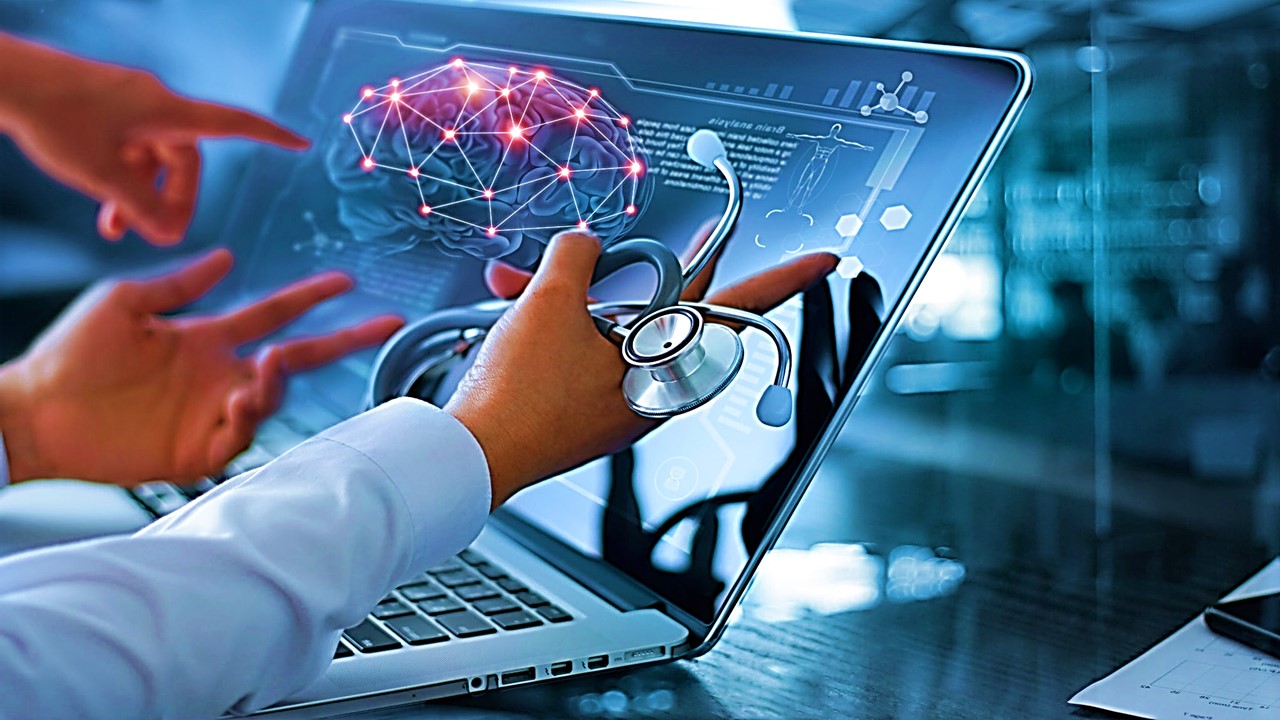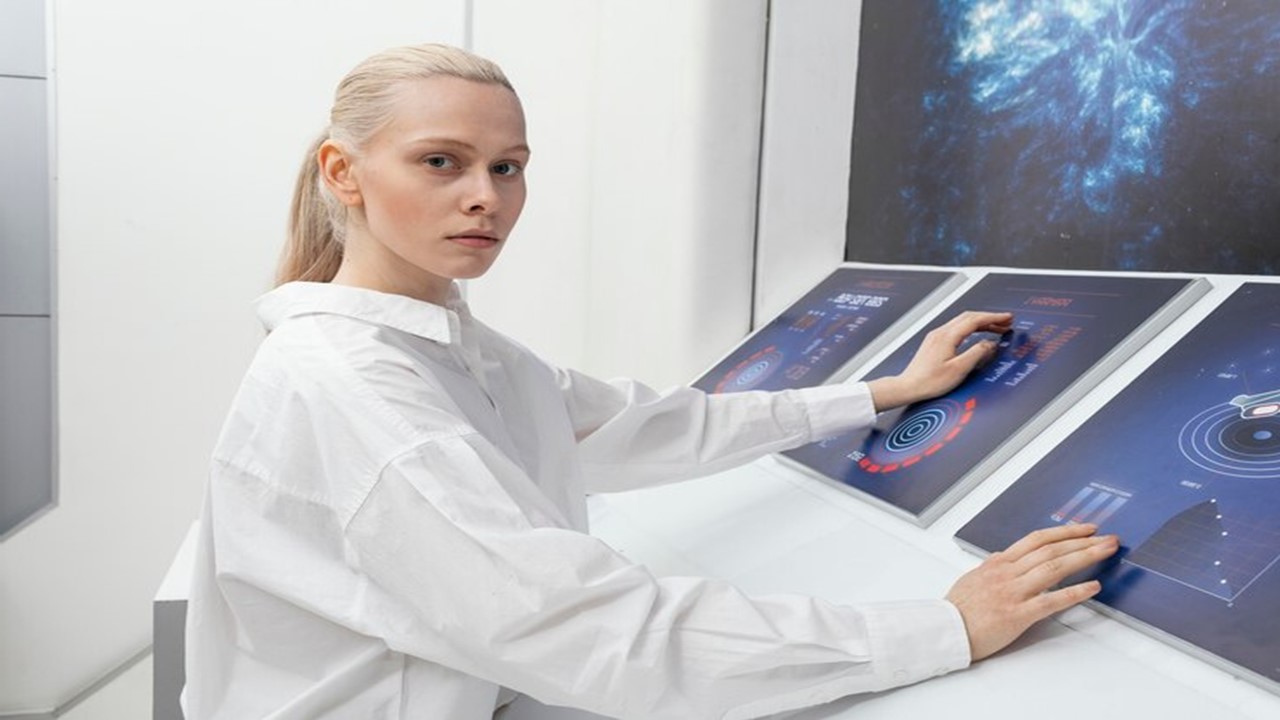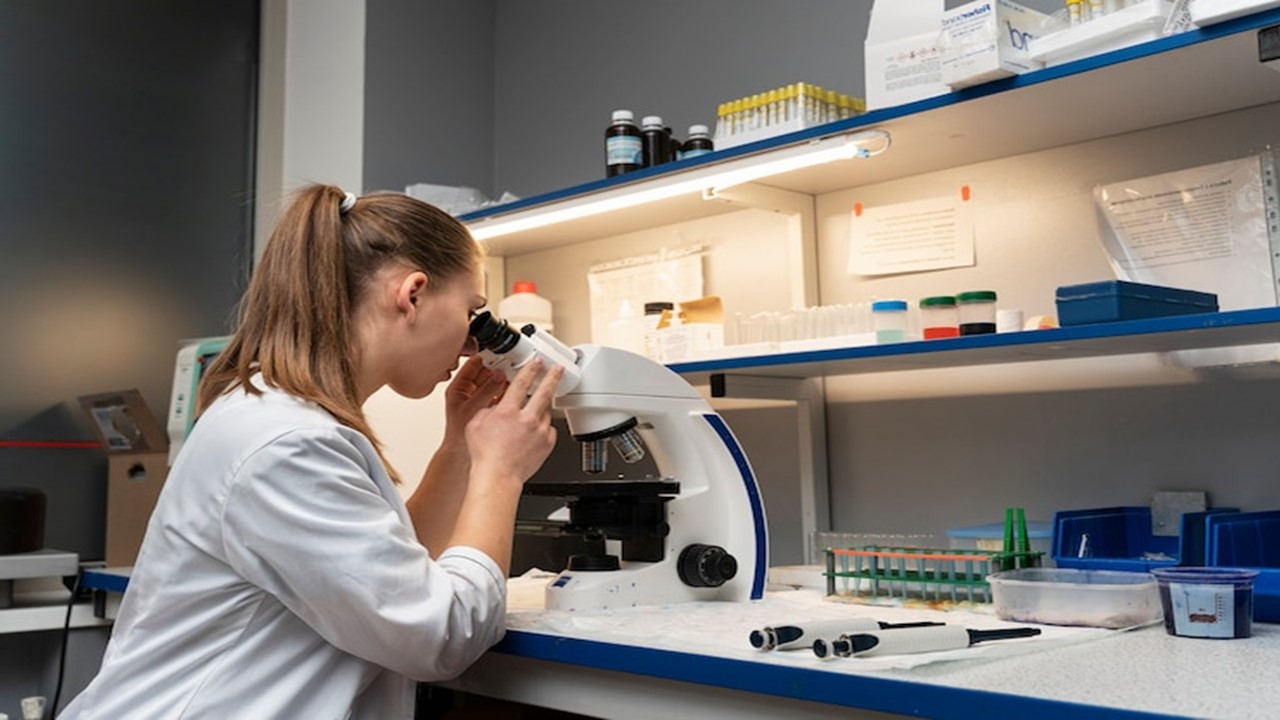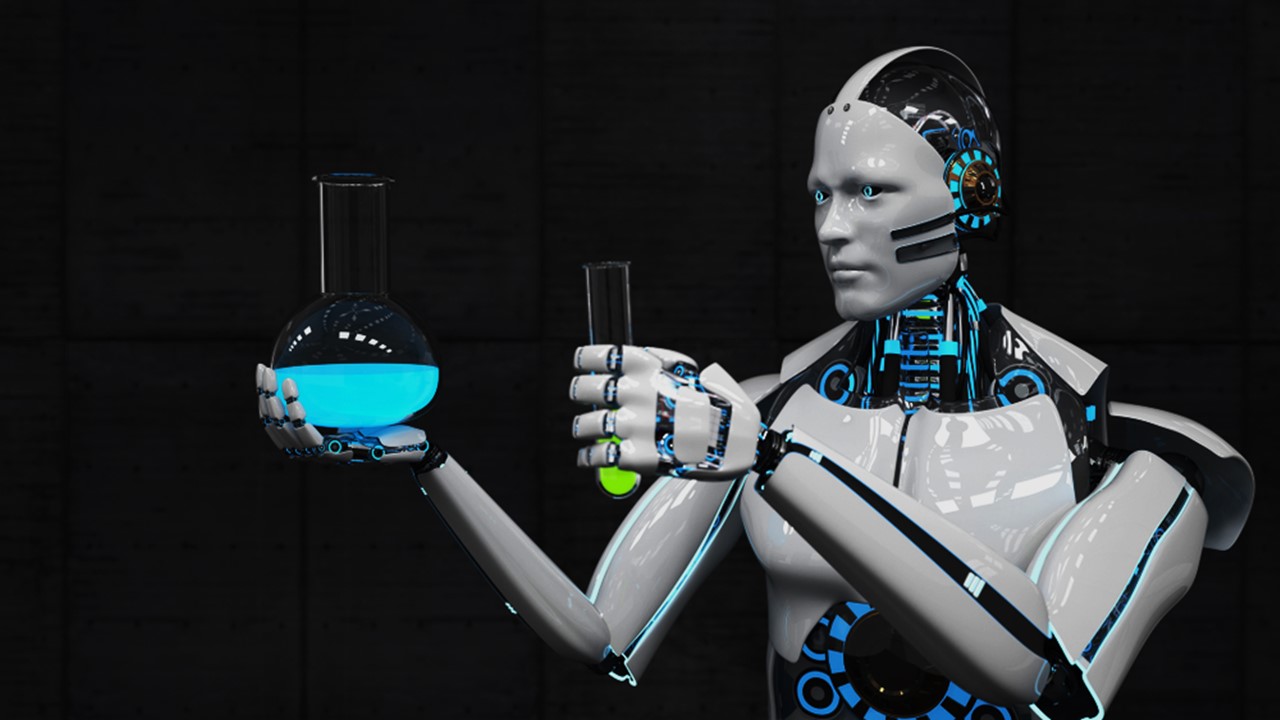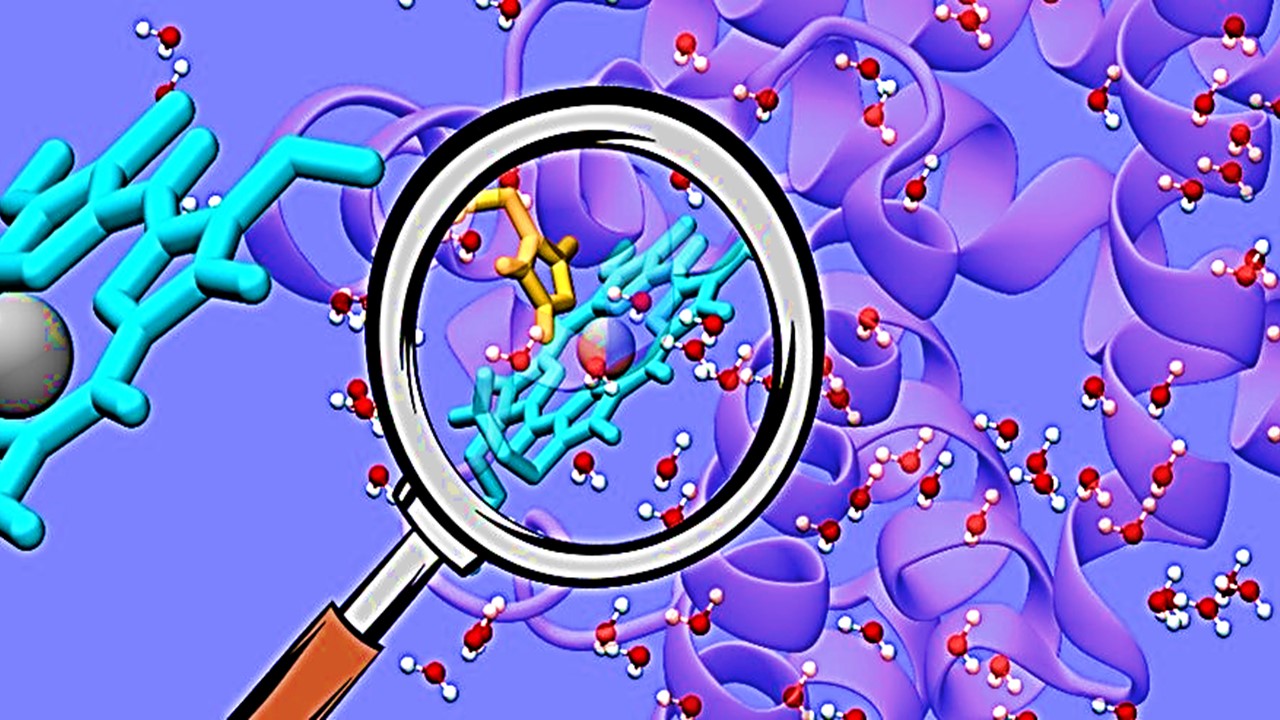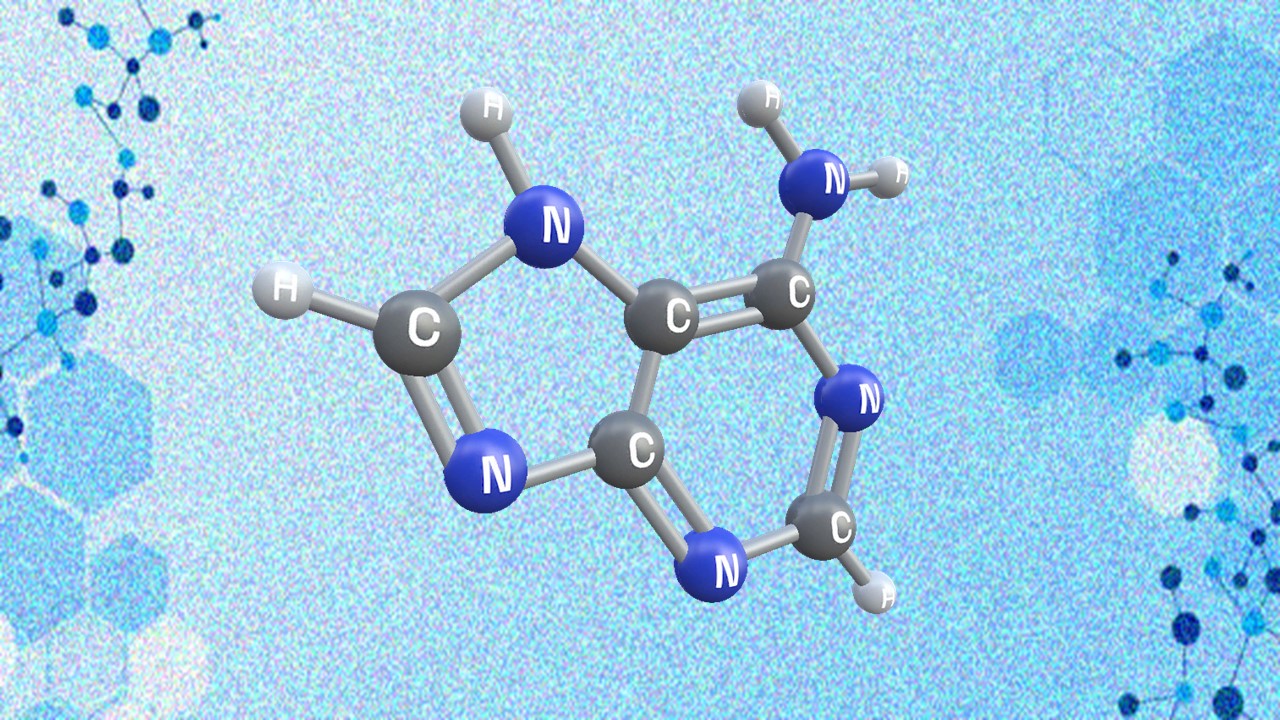The utilization of Artificial Intelligence (AI) in the field of medicine has undergone a remarkable evolution over the decades. What began as rudimentary expert systems in the 1970s has now transformed into a sophisticated and indispensable tool in healthcare. This article delves into the fascinating journey of AI in medicine, exploring its evolution and diverse applications. From diagnostic support to drug discovery and patient care, AI is poised to revolutionize the entire healthcare ecosystem.
The Early Days: Expert Systems and Knowledge Encoding
The roots of AI in medicine can be traced back to the early 1970s when expert systems like MYCIN were introduced. These systems aimed to provide diagnostic decision support by encoding clinical knowledge as logical rules. However, these early AI systems had significant limitations. They were labor-intensive to construct, required extensive time commitments from medical experts, and once built, proved rigid and challenging to update.
The Rise of Machine Learning and Data-Driven AI
The next significant leap in medical AI occurred in the 1990s and 2000s with the emergence of more advanced Machine Learning (ML) systems. These systems had the capability to train themselves by identifying and weighing relevant features from various data sources, including unstructured text, medical images, and Electronic Health Records (EHRs). Despite their potential, these ML methods faced slow adoption in the medical field. The scarcity of widely available data and the need for intensive feature engineering efforts involving medical domain experts hindered their integration.
Catalysts for Change: AI’s Recent Surge in Medicine
Recent years have witnessed a transformative surge in AI’s role in medicine, driven by two critical factors. Firstly, the field of AI itself underwent monumental advances, particularly in Deep Learning (DL) and related ML methods. Hardware improvements and the availability of vast training datasets propelled this transformation. Secondly, the digitalization of medical data, thanks to technological advancements and initiatives like the Electronic Records Meaningful Use Programs in the USA, opened up new possibilities. AI’s proof-of-concept successes in medicine are now visible across diverse domains, from early detection of diabetic retinopathy and skin cancer through medical imaging to predicting crucial clinical parameters like disease onset and mortality using EHR data.
Diverse AI Methods in Healthcare
The field of AI in healthcare is not limited to a single approach but encompasses a diverse set of methods and technologies. These include:
Artificial Intelligence (AI): AI aims to simulate human intelligence processes, including learning, reasoning, and self-correction, with the ultimate goal of enabling machines to perceive and make decisions like humans.
Machine Learning (ML): ML, a branch of AI, focuses on developing algorithms that build mathematical models based on sample data, allowing for predictions or decisions without explicit programming.
Natural Language Processing (NLP): NLP, a subfield of AI, concentrates on the interaction between computers and human languages. It enables computers to process and analyze vast amounts of natural language data, drawing from various disciplines, including computer science and computational linguistics.
Deep Learning (DL): DL represents a class of ML methods inspired by biological systems’ information processing and communication nodes. These methods use multiple layers to progressively extract higher-level features from raw data, with the “deep” referring to the number of transformation layers.
Deep Reinforcement Learning (DRL): DRL combines principles from DL and reinforcement learning to build efficient algorithms for software agents that can maximize cumulative rewards by taking actions in a given environment.
Optical Character Recognition (OCR): OCR is a field of research in AI and pattern recognition focused on electronically converting images of typed, handwritten, or printed text into machine-encoded text.
Human-Machine Interface (HMI): HMI establishes a direct communication pathway between humans and devices. For example, it involves systems capable of understanding and responding to spoken or written human language.
Association Rule Mining: This entails ML algorithms that discover interesting relationships between variables in large databases, mimicking the human brain’s capability to extract and abstract associations from new, uncategorized data.
Brain-Machine Interface (BMI): Also known as brain-computer interface (BCI), BMI establishes a direct communication link between the brain and external devices, offering intriguing possibilities in healthcare.
In the following sections, we will explore how these diverse AI methods are revolutionizing various aspects of medicine, from diagnostics to patient care and beyond.
Transforming Diagnostics
AI, particularly deep learning, has emerged as a formidable force in medical diagnostics. Its ability to analyze medical images, such as X-rays, MRIs, and CT scans, has reached a level of precision that rivals—and sometimes even surpasses—that of human experts. By scrutinizing vast datasets of medical images, AI algorithms can detect subtle anomalies, pinpoint early signs of diseases, and provide rapid and accurate diagnoses. This transformation is not merely about automation; it’s about enhancing diagnostic speed, accuracy, and accessibility, potentially saving countless lives by enabling early interventions.
Revolutionizing Drug Discovery
AI’s role in drug discovery cannot be overstated. Traditional drug development is a costly and time-consuming endeavor. However, AI, with its predictive modeling capabilities and data-driven insights, is streamlining the process. It can analyze vast datasets of molecular information, predict potential drug candidates, and even anticipate how these candidates might interact with the human body. This predictive power has the potential to accelerate drug discovery, reduce costs, and open new doors to previously unexplored therapeutic avenues.
Personalized Medicine and Treatment Plans
One of the most promising aspects of AI in medicine is its capacity to enable personalized treatment plans. No two patients are identical, and AI can leverage patient-specific data, including genetic information, medical history, and lifestyle factors, to tailor treatment regimens precisely. Instead of one-size-fits-all approaches, AI empowers healthcare providers to craft interventions that are uniquely suited to an individual’s needs, maximizing treatment efficacy while minimizing side effects.
Augmenting Healthcare Professionals
AI is not here to replace healthcare professionals but to augment their capabilities. Through natural language processing, AI can sift through vast volumes of medical literature, providing physicians with up-to-date information and research findings. Moreover, AI-powered diagnostic tools can serve as valuable decision support systems, offering insights and recommendations that assist doctors in making more accurate diagnoses and treatment decisions.
Remote Monitoring and Telemedicine
Recent advancements in AI have paved the way for robust remote monitoring solutions. These systems enable continuous and real-time tracking of patient health, alerting healthcare providers to any concerning trends or deviations from baseline. This is particularly vital in the era of telemedicine, where patients can receive quality care from the comfort of their homes. AI-driven telemedicine platforms are extending medical access to remote and underserved regions, ensuring healthcare reaches those who need it most.
Exploring Uncharted Territories
The capabilities of AI are not limited to conventional medical domains. Emerging applications include the use of AI in predictive modeling for disease outbreaks, drug repurposing, and even robotic-assisted surgeries. AI’s adaptability and capacity to process vast and complex datasets have positioned it as an invaluable tool in addressing healthcare challenges that transcend traditional boundaries.
In each of these areas and beyond, AI is not just a technological advancement; it represents a profound shift in the way we approach healthcare. It empowers us to be proactive rather than reactive, predictive rather than purely diagnostic, and personalized rather than generalized. As we delve into these transformative aspects of AI in medicine, we witness the dawn of a new era, where healthcare becomes not just more efficient, but also more effective, accessible, and patient-centric.
Engr. Dex Marco Tiu Guibelondo, B.Sc. Pharm, R.Ph., B.Sc. CpE
Subscribe
to get our
LATEST NEWS
Related Posts
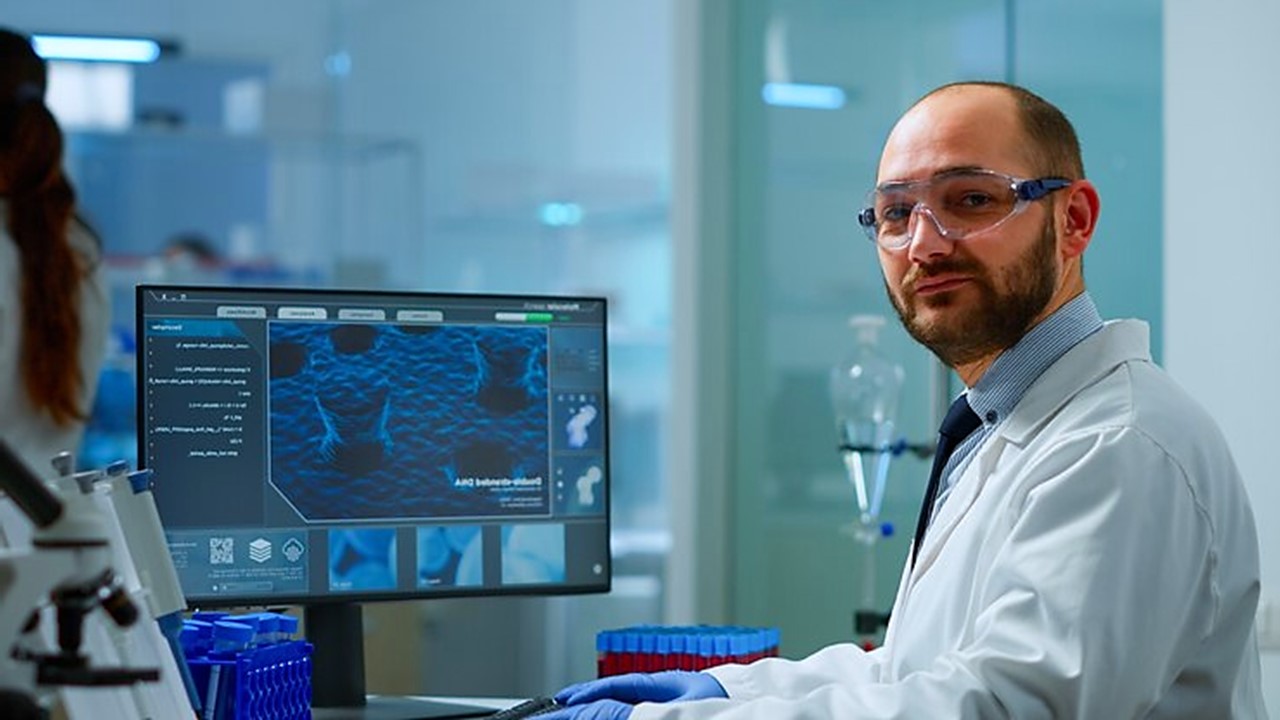
AI, Data & Technology
The Power of Unsupervised Learning in Healthcare
In healthcare’s dynamic landscape, the pursuit of deeper insights and precision interventions is paramount, where unsupervised learning emerges as a potent tool for revealing hidden data structures.
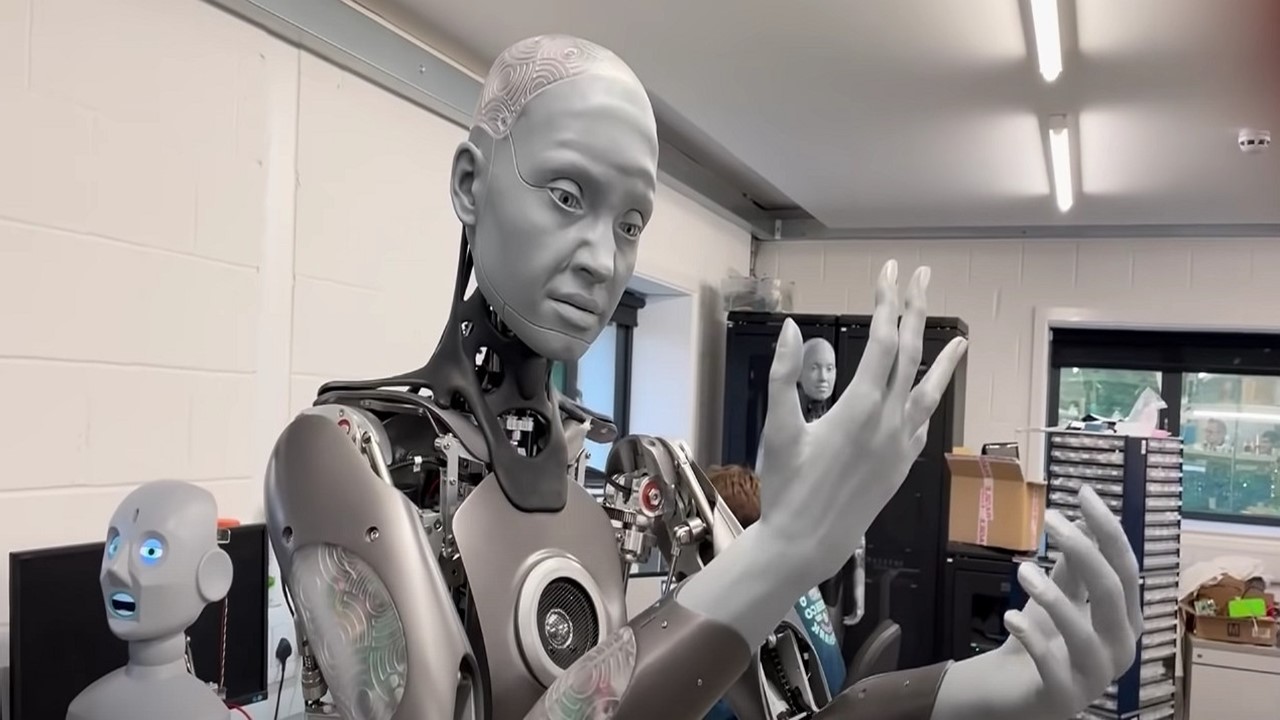
AI, Data & Technology
Unlocking Intelligence: A Journey through Machine Learning
ML stands as a cornerstone of technological advancement, permeating various facets of our daily lives.
Read More Articles
Synthetic Chemistry’s Potential in Deciphering Antimicrobial Peptides
The saga of antimicrobial peptides unfolds as a testament to scientific ingenuity and therapeutic resilience.
Appreciating the Therapeutic Versatility of the Adenine Scaffold: From Biological Signaling to Disease Treatment
Researchers are utilizing adenine analogs to create potent inhibitors and agonists, targeting vital cellular pathways from cancer to infectious diseases.



